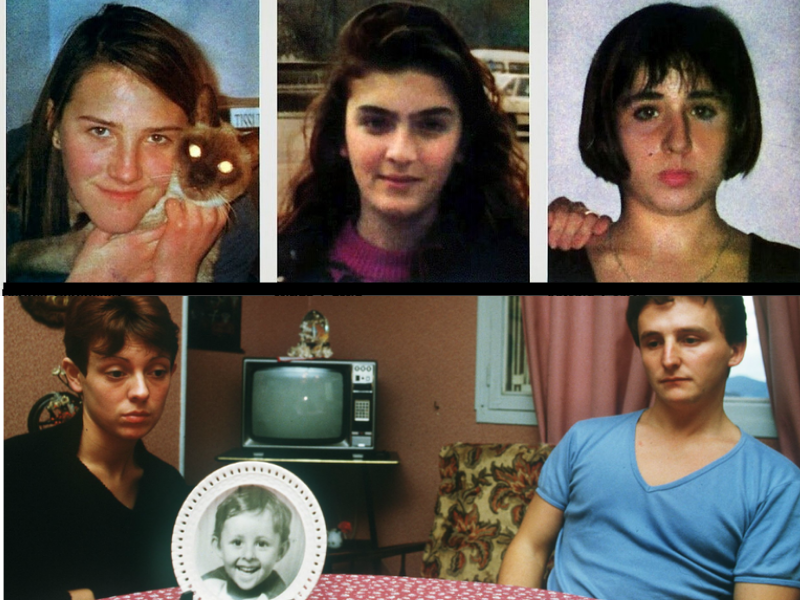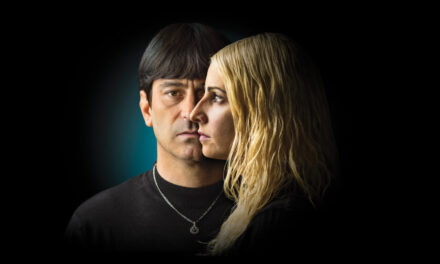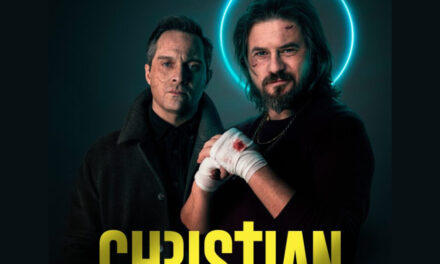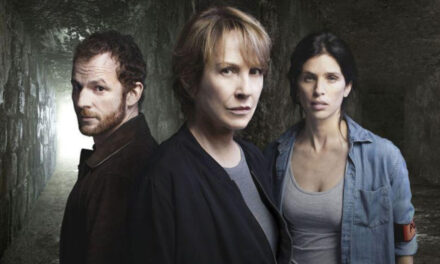
Over the past decade, True Crime media has exploded in popularity in the English-speaking world. From the game-changing podcast Serial to the Netflix hit Making a Murderer to Ken Burns’ expansive documentary The Central Park Five, as a society, we have revealed our true affinity for gory, lurid, and totally real crime.
Now, as if we had exhausted our supply of horrifying real-life crime in English-speaking countries, Netflix has released two new docuseries, Who Killed Little Grégory? and The Alcàsser Murders, revolving around the murders of children in France and Spain respectively. Both are horrifying killings, both were devastating to all involved, and neither was ever solved.
Who Killed Little Grégory? is about the drowning of a four-year-old boy in a river in the Vosges department of France in 1984. The case rocked the nation for decades. The Alcàsser Murders takes place in Spain where, in 1992, three girls were murdered while hitchhiking. Both of these cases were as voraciously followed in their home countries as the JonBenet Ramsey case was here in the U.S.
I watch a lot of foreign crime drama, and I wanted to check out foreign true crime. After watching both series and ruminating about them, I came up with a list of 4 differences between dramatized crime and true crime (in any language).
1. The Media is EVERYWHERE
If you are even a little bit claustrophobic, I counsel you to never get involved in murder. If you are suspected by the media apparatus of being even tangentially involved in a crime, you will be followed, harangued, surrounded, and beaten nearly senseless by a million microphones within millimeters of your face. In both these cases, the sensation-hungry media heavily influenced public opinion and affected the cases and the lives of those involved.
2. The Police sometimes really blow it
Even in morally complicated, modern-day dramas, the cops do eventually make the right decision that leads them to the killer. This is sadly not the case in real life, and tragically not the case for the families of Grégory and the Alcàsser girls. The police in both murder investigations made grievous errors that adversely affected their abilities to find the killers. In Alcàsser, a policeman neglected to take a photo of the victims in the hole in which they were buried, and evidence was mishandled, among other failings. In France, based on inconclusive evidence, police made the mother of Grégory their primary suspect, putting her, at the time several months pregnant with a second child, behind bars.
3. The Pain Is Real
If you’re watching a crime drama, the actual drama of the crime pretty quickly fades away. Families of the dead in crime shows are high-functioning and typically able to get over their loss enough to provide useful leads to the police.
This is not at all the case in real life. In real life, the families of the deceased don’t move past a murder. The grief can be so overwhelming, it consumes them for the rest of their lives. I didn’t feel noble watching Grégory’s mother break down at her son’s funeral. I felt like a voyeur and I longed to turn the show off.
4. Crimes Aren’t Always Solved
Fans of old-school British crime narratives in the vein of Poirot and Miss Marple are familiar with the climax scene in which all suspects are gathered in a room and the killer is revealed. In reality, though, such scenes would play out as follows: Suspects are gathered in room. Police arrest murderer. It comes out later that she is innocent and is released. New suspects are gathered in room. New murderer is arrested. Murderer later claims his admission was forced out of him by police. He’s released. New group of suspects is gathered. You get the idea.
Neither of the Alcàsser or Grégory cases is solved. And the documentarians do not add any new witnesses or suspects to the mix. They do not investigate, but merely report on previous investigations. In Alcàsser, the probable mastermind of the kidnap, rape, and murder of the three girls has never been located. In France, the case remains fully unsolved.
And this is what ultimately makes these documentaries not worth watching. If there is no resolution, then there can be no lesson for the audience to learn. True Crime media succeeds when it uncovers new evidence or casts new suspicions or reveals a miscarriage of justice. It succeeds best when it makes audiences say, “something’s gotta change!”
Instead, these series merely taught me what crime looks like outside of carefully created drama settings. Neither documentary answers the critical question, “Why should I care?” And since real lives are at stake here, my feeling is that if the audience isn’t driven to care, then it is better to let sleeping dogs lie. Let the families and all those involved move on.
Looking for more of the best in foreign TV? Don’t miss our other great reviews HERE!






